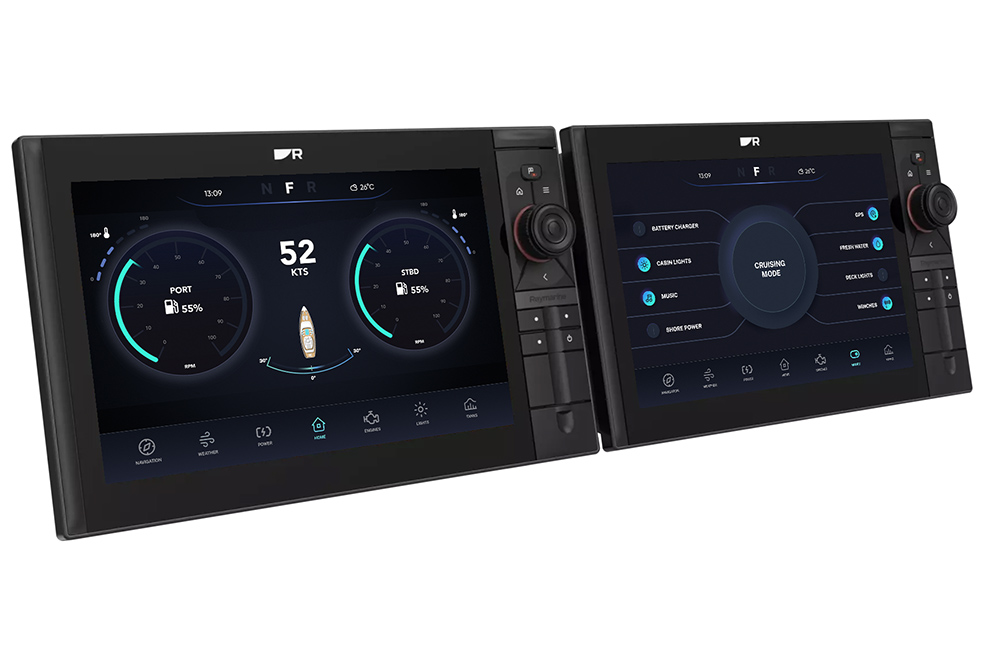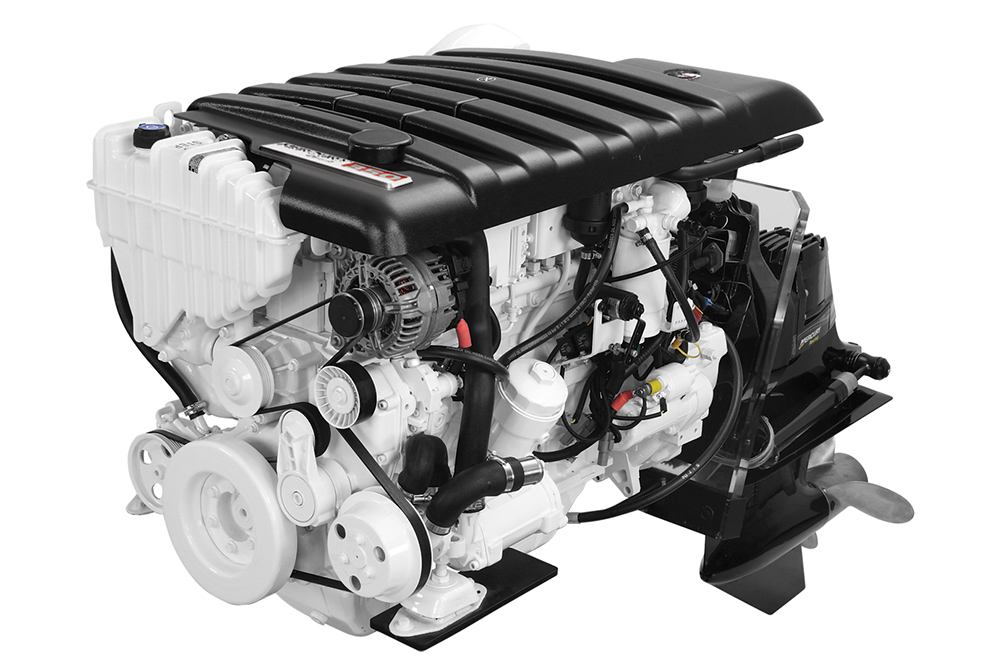Viknes 10 Review: Award-winning 35ft triple cabin wheelhouse cruiser
Built for all weathers, this triple cabin 35 footer packs in the features. Greg Copp puts her to the test.
HVO compatibility propels Vetus further towards zero-emission propulsion.
Approval has been granted for the use of hydrotreated vegetable oil (HVO) with Vetus’s range of D-Line and M-Line marine diesel engines. This certification follows an intense period of bench and field tests. HVO, also known as ‘renewable diesel’ or ‘green diesel’, is a ‘diesel-like fuel’ that can be produced without fossil resources. In very simple terms, hydrogen is introduced to the vegetable fuel, subsequently breaking down the size of its molecules and reducing carbon output. This lower-carbon fuel is a more sustainable alternative to diesel, containing low sulphur and limited aromatics.
HVO is derived from a variety of sources, the most common being vegetable oil, tallow and even used cooking oil. The use of renewable fuels such as HVO decreases exhaust emissions by up to 90%. HVO burns more cleanly than first-generation biodiesel or mineral diesel. In addition, due to its good oxidation stability, it is not prone to bacterial growth. HVO can be used as a direct replacement for fossil diesel in any certified Vetus engine, either pure (EN 15940) or blended in any proportion with diesel (EN 590). The use of HVO requires no engine modifications for either the D-Line or the M-Line, enabling existing owners of these engines to switch over to HVO at no additional cost.




Built for all weathers, this triple cabin 35 footer packs in the features. Greg Copp puts her to the test.


Across the season’s boat shows — from Southampton to Cannes and Genoa — one theme stood out: innovation is thriving,…


Raymarine expands the capability of its Axiom MFDs through new collaborations with Maretron and WATCHIT, delivering enhanced vessel control, advanced…


Mercury Marine unveiled the updated 4.2L diesel engine, now RCD II compliant and HVO capable. Lighter, cleaner, and easier to…